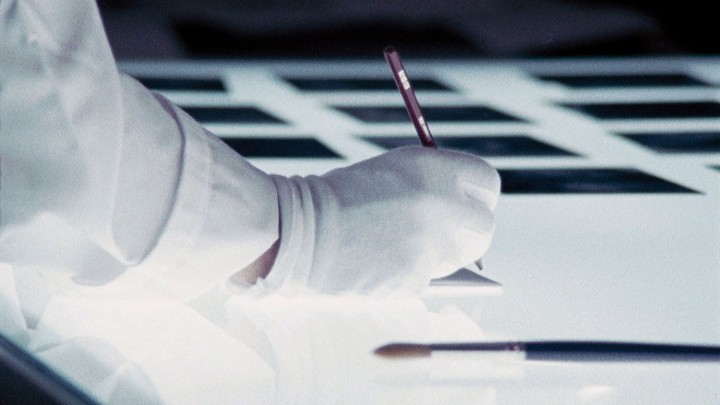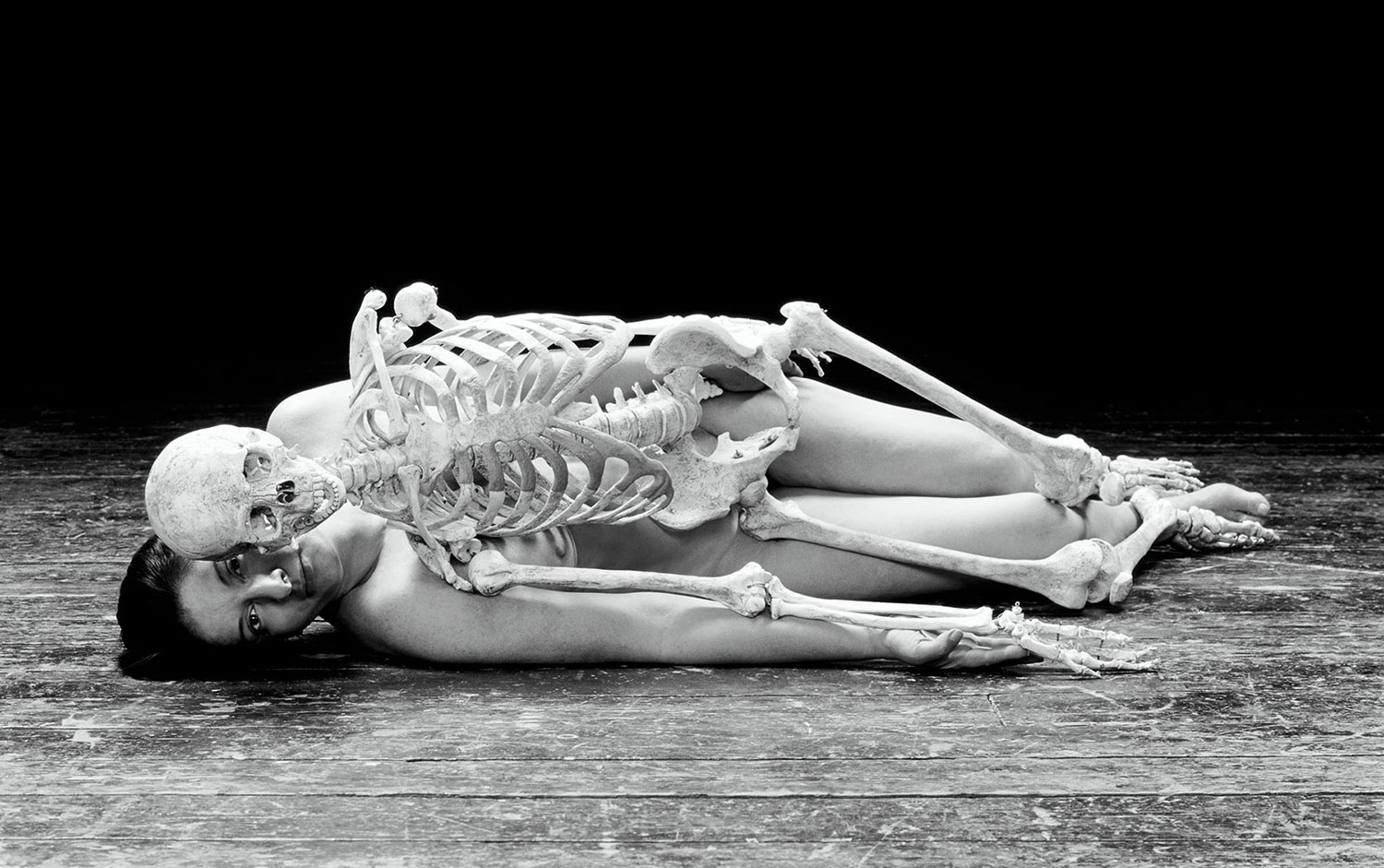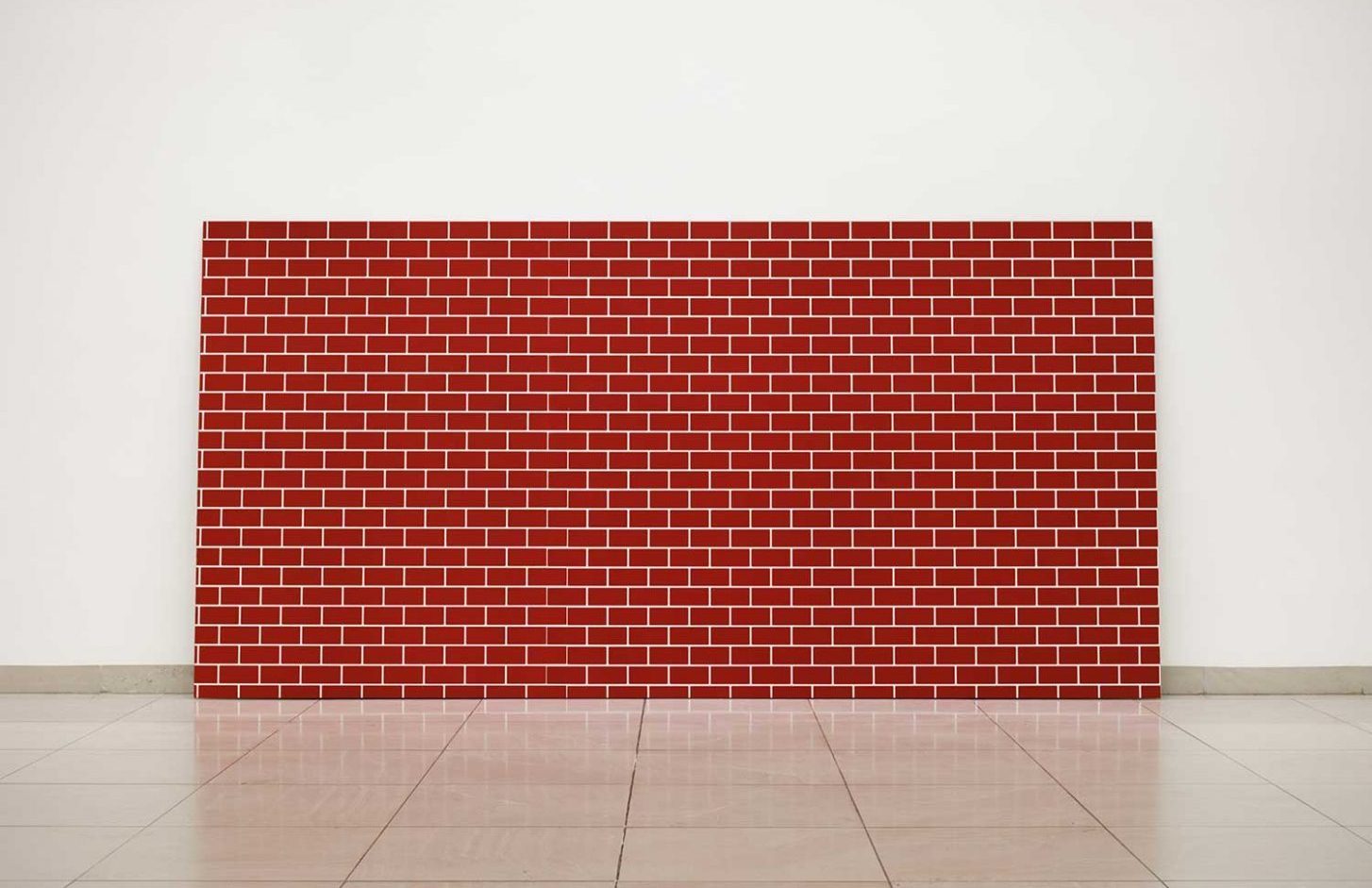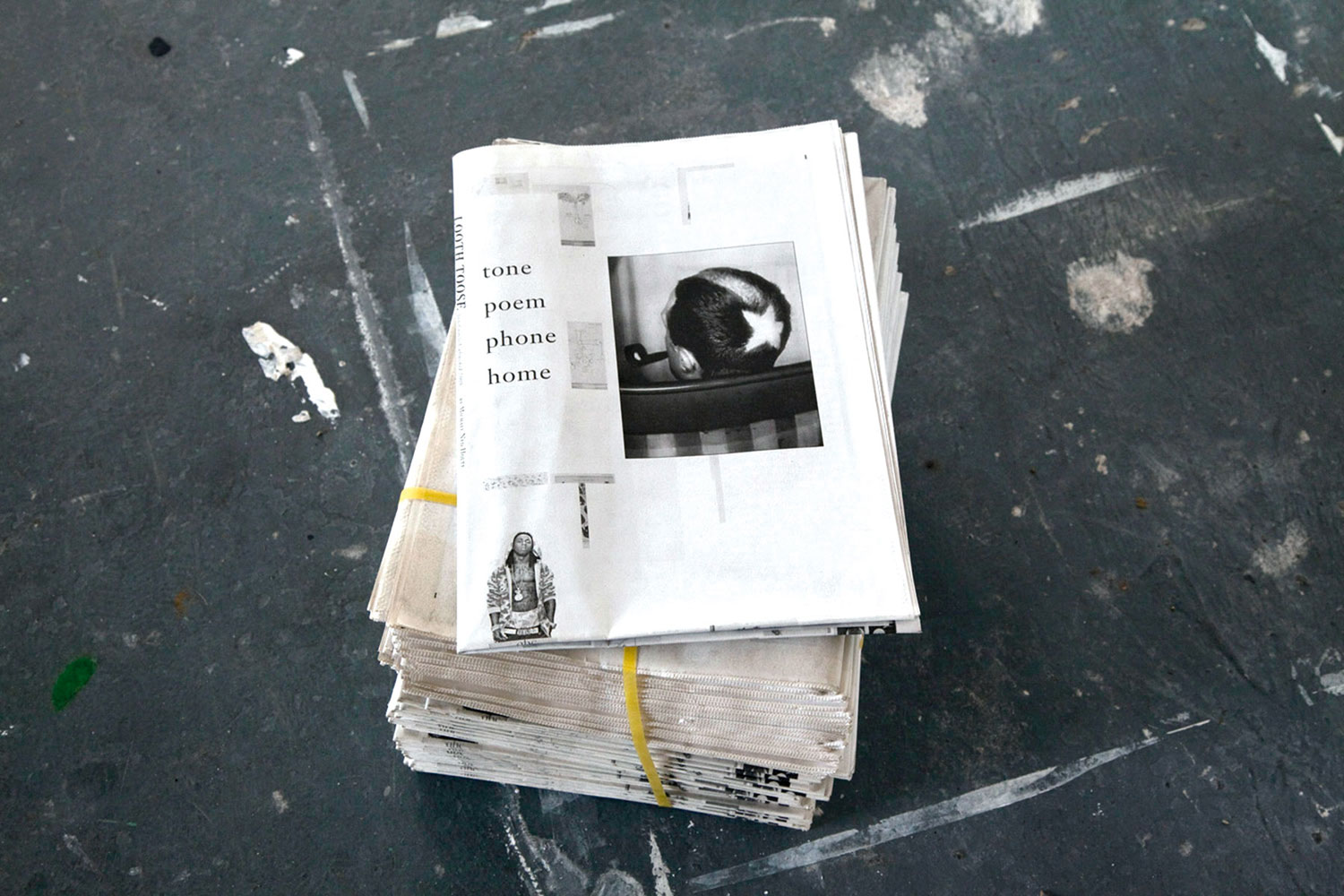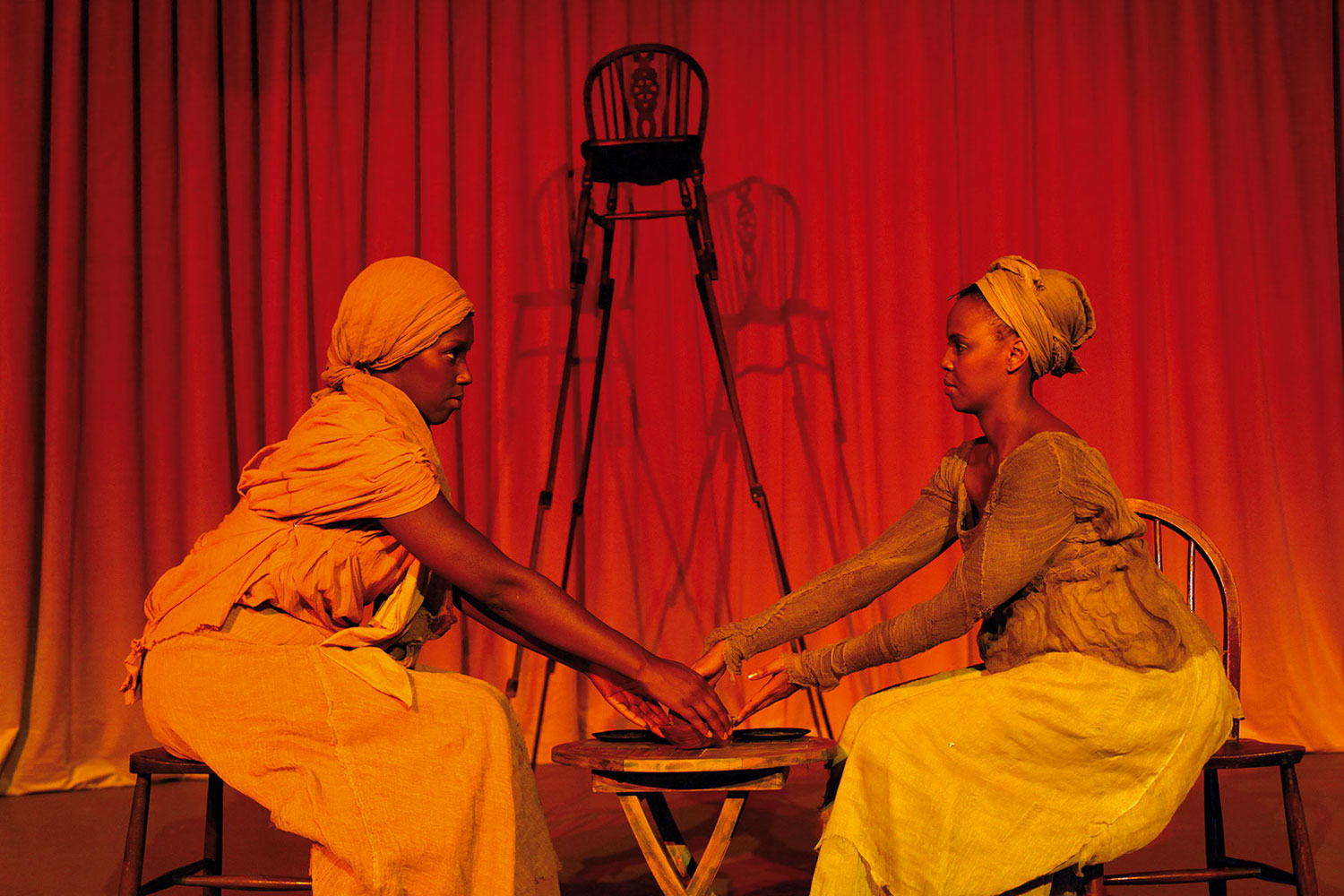
Marco Scotini: Your last video works, from Untitled (The Remake) (2007) through to the beautiful Amnesialand presented at Manifesta 8, 2010, seem to favor themes like the past, the archive, and to focus on history.
Stefanos Tsivopoulos: I would say that my practice does not so much aim at destabilizing historical narratives or proposing alternative versions, but rather focuses on the inherited visual reservoir — i.e., archival photographs, films, etc. — that is part of our past and history. The two works you mention are different explorations of the same investigation into the subjective nature and “constructedness” of image through which history is mediated and constructed. The Remake combines archival footage from the 1967-1973 military dictatorship in Greece that depicts official festivities and military parades staged by the “Colonels” (replete with the “obligatory” nationalistic visual rhetoric) with my own video footage of a reconstructed television studio of the late ’60s. With Amnesialand, however, my focus shifts from the technological mechanisms towards the social and economic aspects that determine the production of images. It is exactly the ambiguous status of images that are transformed from commodity to archived evidence of historical truth that I try to question here.
MS: Once you said: “The way a story has been documented or told is more important than the story itself.” Could you please articulate?
ST: Well, it springs from my desire to contemplate the veracity of image, to consider how events are recorded, edited, presented, remembered and perceived. It also acknowledges the power of visual narratives at the expense of “objectivity.”

MS: Notwithstanding this, your first videos like Actors (2004) and The Interview (2007) dealt with the subject of repetition as a crucial ingredient within the construction of memory. It seemed that you were mainly dealing with the relationship between reality and fiction.
ST: Your question brings to mind Chris Marker’s line from Sans Soleil (1983); “We do not remember, we rewrite memory as much as history is rewritten.” This continuous rewriting of memory sets questions about identity as well as authorship and ownership. The two works you refer to are in search of an author through a series of seemingly repetitive events. They are more like experiments than films; my presence as a director is minimal. Each film is an independent production but they are presented together in the exhibition space coming to form one work. What I like the most about this piece is that it questions its own authorship and integrity.
MS: Now you are working on an ambitious project, Borrowed Knowledge, that opens this fall in New York. The project confronts socialist academic books from the ’60s. How does it relate to your previous works?
ST: Like previous works, Borrowed Knowledge is an investigation into memory and forgetting by making use of historical residue. The project brings together The Blind Image, a film consisting of archival footage from former communist states, a series of socialistic academic books from a private library and a series of photographs inspired by illustrations from these books. However, unlike my previous works, this time I employed “austerity” and “borrowing” as the main methods of production. The introduction of these frugal means of production is a response, or a reflection if you like, to current political phenomena and the collapse of socioeconomic systems around the world, including my own country Greece.

